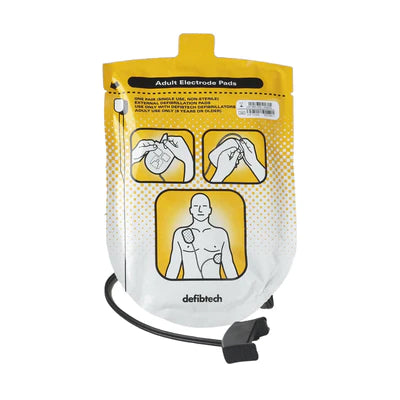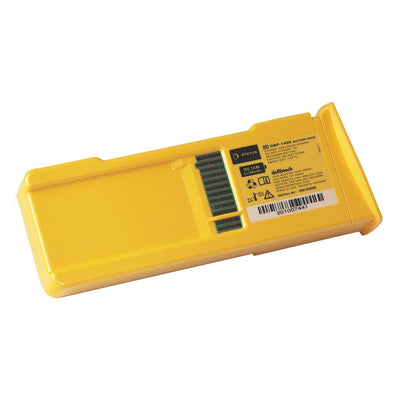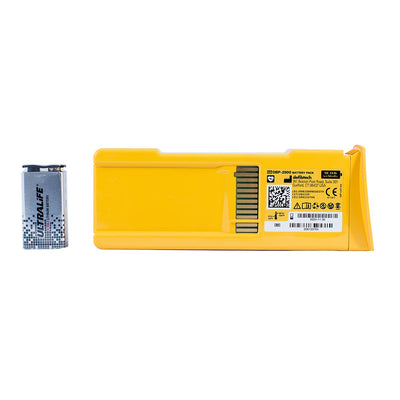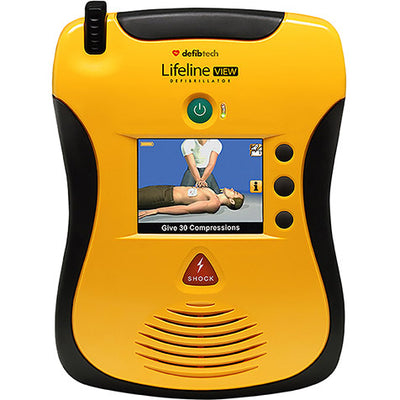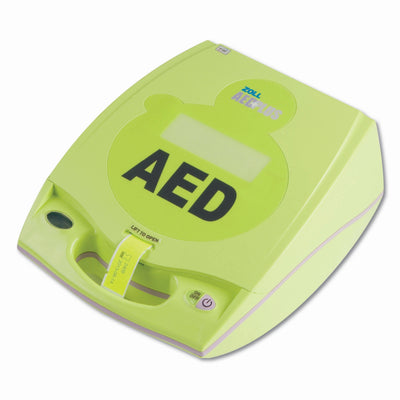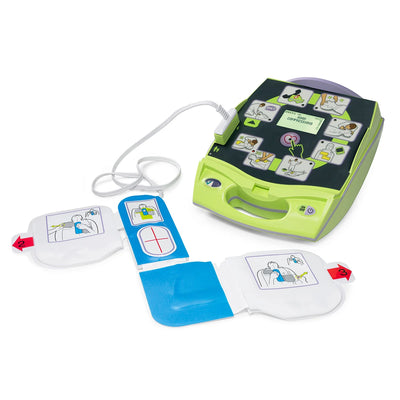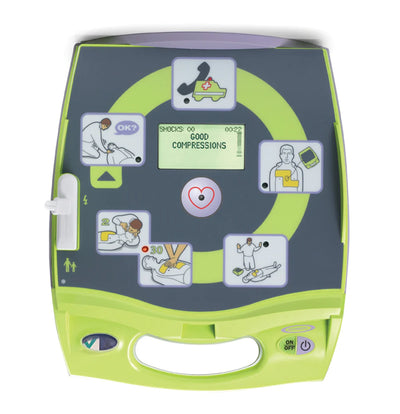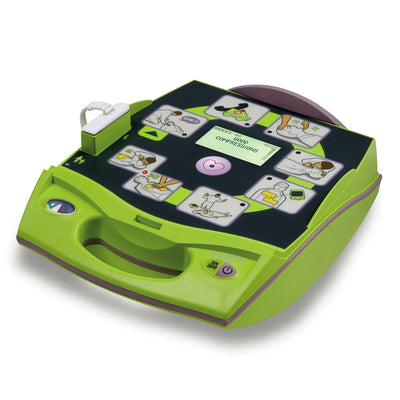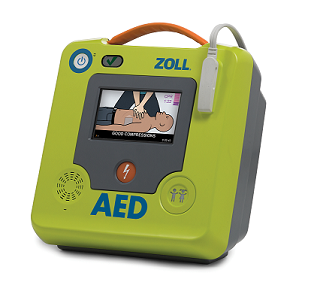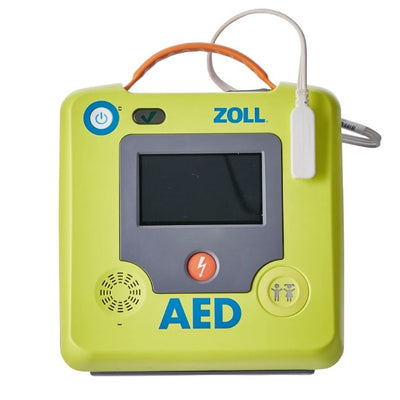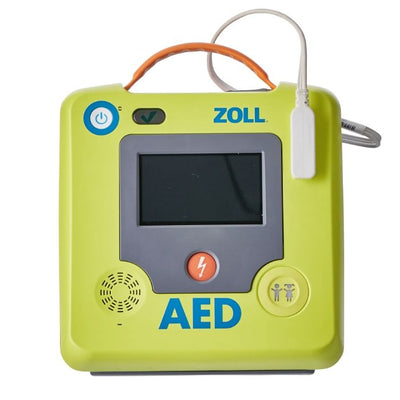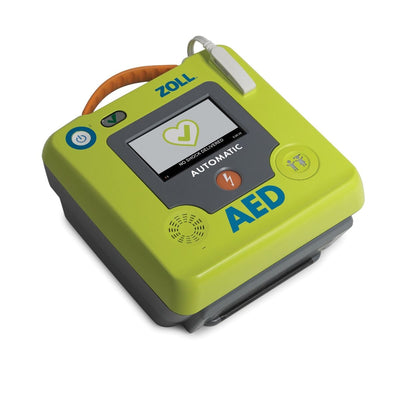Mediworld Subscription
Subscribe to Mediworld for product discounts, healthcare news, event updates and more!
Bestsellers
The Mediworld product range is extensive, so we have the most popular items for you below.

Load More
Nothing matches the criteria
Mediworld has been a regular supplier to the NHS for a number of decades.
We specialise in turnkey projects and are proudly UN approved.
2023 is our 50 year anniversary, and we are here to service you for many more.
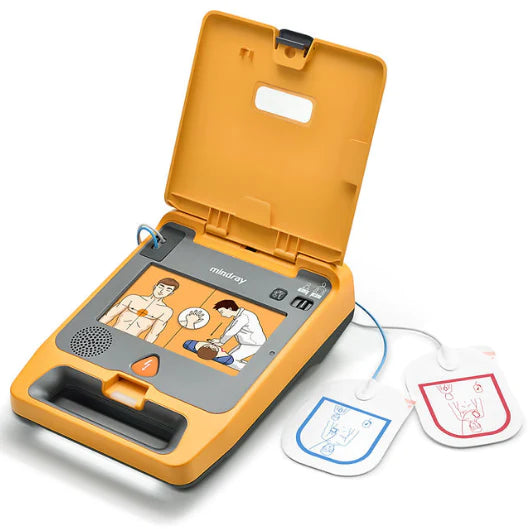
We cater to the needs of both medical professionals and laypersons, ensuring that our defibrillators are suitable for use in a variety of environments, from healthcare centers to public spaces and homes.
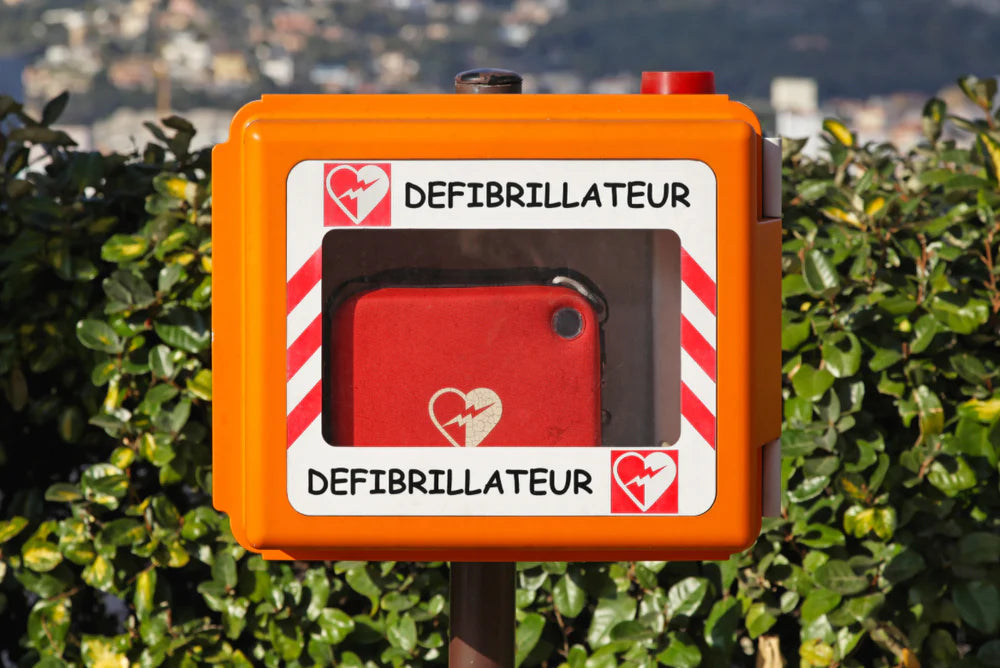
When Swedish footballer Christian Eriksen collapsed on the pitch with a cardiac arrest at Euro 2020, his team and support staff quickly and calmly jumped into action, locating the stadium’s defibrillator and working to restart his heart.
Defibrillators are used to deliver an electric shock to the heart in life-threatening cardiac arrhythmias like ventricular fibrillation or pulseless ventricular tachycardia, helping restore a normal heart rhythm.
Individuals who are experiencing cardiac arrest or those at high risk of sudden cardiac arrest due to conditions like ventricular tachycardia or fibrillation may need a defibrillator.
No, a defibrillator and CPR (cardiopulmonary resuscitation) are different. A defibrillator delivers an electrical shock to the heart, while CPR involves chest compressions and rescue breaths to maintain circulatory flow and oxygenation when the heart has stopped.
The defibrillator is used to restore a normal heartbeat by sending an electric pulse or shock to the heart, while CPR is a manual technique that provides temporary artificial circulation and breathing until more advanced care is available.
In hospitals, advanced defibrillators are used, typically manual or semi-automatic. These devices allow healthcare professionals to determine the timing and energy level of the shock.
The most common complications of defibrillators are skin burns or minor discomfort at the shock site. For implantable defibrillators, risks include infection, bleeding, and, rarely, device malfunction.
An AED (Automated External Defibrillator) is a type of defibrillator specifically designed for public use with automated voice prompts, while "defibrillator" is a general term that encompasses all types of defibrillators, including AEDs and more complex manual defibrillators used by medical professionals.
The lifespan of a defibrillator depends on its type. AED batteries typically last 2 to 5 years, while implanted defibrillators (ICDs) can last 5 to 7 years or more before needing replacement. Regular maintenance is crucial for all types of defibrillators.
Look for a device that is easy to use, with clear instructions and automated features. Consider the support and training offered by the manufacturer and the device’s maintenance requirements.
Training typically covers recognising cardiac arrest, performing CPR, and using the defibrillator safely and effectively, often including practical hands-on sessions with a training unit.
Defibrillator pads, also known as electrodes, are adhesive pads that are attached to a person's chest during the use of a defibrillator to deliver an electric shock to the heart in the event of cardiac arrest.
Yes, there are adult and pediatric pads, designed for use on adults and children respectively. The main difference is in the size and the amount of electrical current they allow to pass through.
Mediworld offers fast and reliable deliveries across the UK. Ensuring customers can quickly receive the life-saving equipment they need, regardless of location. Our customer service team is available to provide additional support and answer any questions you may have, making the purchase process as seamless as possible.
Mediworld specialises in offering a wide range of Automated External Defibrillators (AEDs) from leading brands known for their reliability and ease of use. AED Defibrillators are crucial for providing immediate assistance during a sudden cardiac arrest, and our selection includes models suitable for professional rescuers and laypersons. Each product listing on our site provides comprehensive details about the AED's features, such as visual and audio prompts, pre-connected pads, and automatic self-tests, to help customers make informed decisions.
Defibrillator pads are essential accessories for AEDs, and Mediworld offers a wide variety of pads compatible with different defibrillator models. Our selection includes pads for adults, children, and infants, ensuring that users can provide appropriate care in emergencies for any age group. We provide clear information on compatibility, shelf life, and usage instructions to help customers select the right pads for their AED units. Additionally, we recommend keeping an extra set of pads on hand to ensure readiness in case of an emergency, and our easy reordering process makes maintaining your AED supply straightforward.
Mediworld Subscription
Subscribe to Mediworld for product discounts, healthcare news, event updates and more!
Would you like to save product on your wishlist?
Subscription completed successfully. The letter has been sent by mail.
User already subscribed
